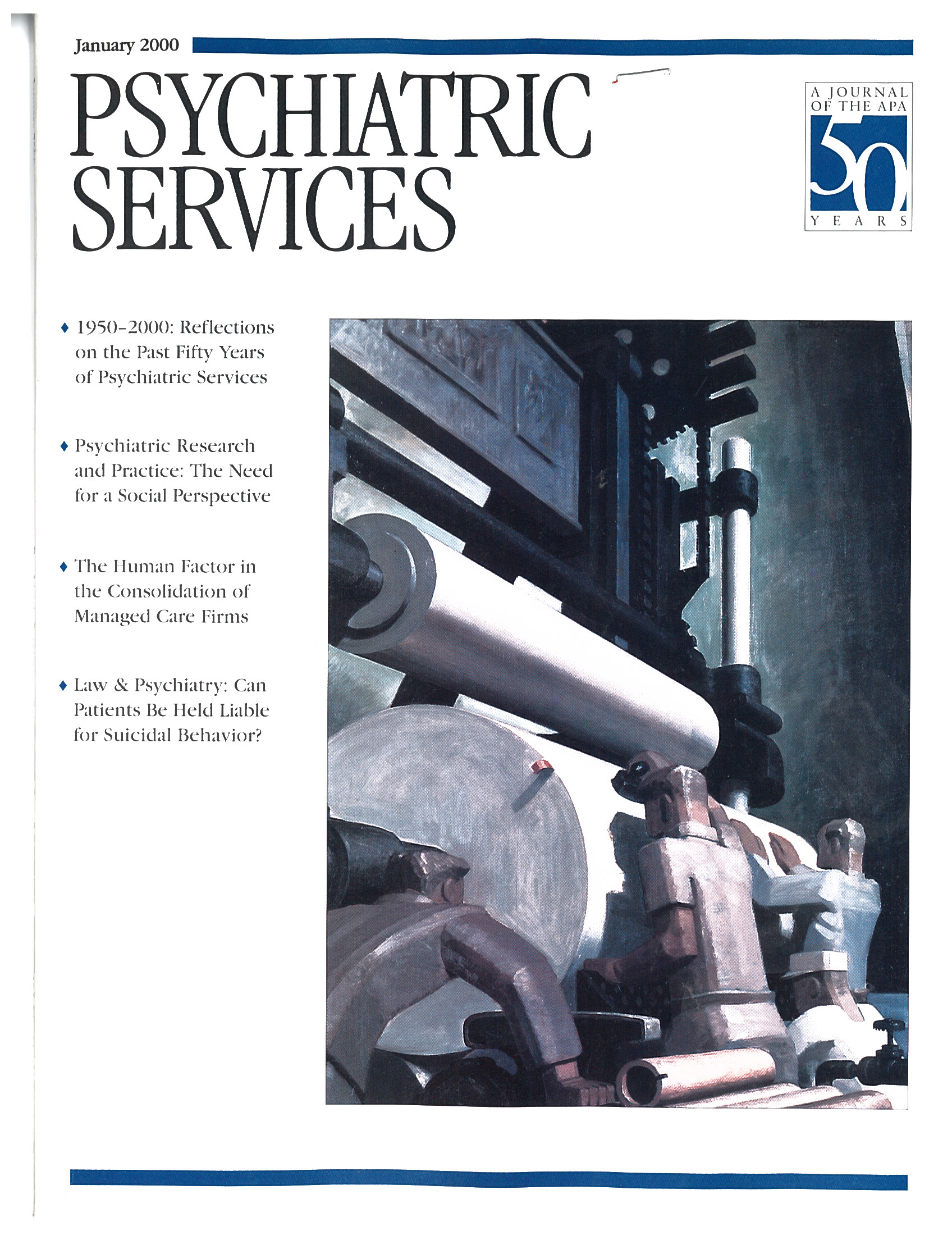This volume makes a significant contribution to the literature of constructive therapies. It is intended as a "user's guide" for new and experienced clinicians interested in expanding practical skills "based on the fuller recognition of powers of language and imagination plus the principles of caring, collaboration, and respect for clients' competencies." Edited by clinical psychologist Michael Hoyt, a well-known practitioner with two previous works on the subject to his credit, the book provides theoretical formulations and examples of treatment of a range of adult and child problems.
The book is divided into three sections: Theoretical Perspectives, Conversations and Songs, and Specific Clinical Applications. A brief introduction to constructive therapies is included. However, readers will find theoretical material in the clinical section and vice versa. In addition, there is redundancy among the papers because they include references found both in the introduction and in other articles.
Hoyt's introduction summarizes the postmodern philosophy underlying constructive practice. The view that reality is a linguistic and social construction is fundamental. Individual identities are constituted by internalized stories or narratives that are our meanings. Therapeutic dialogues, co-constructed by client and therapist, are about the stories that people are living; they are not preferred because they are problem saturated. Therapy enables clients to discover in their stories alternative elements that are more life affirming. Distinguishing features of the constructive approaches are respecting the client's language and story and not converting it into a theory of pathology, an ethics that calls for the therapist's honesty and openness about behavior and motives, and an emphasis on the client's strengths designed to empower.
In the section on theory, Lynn Hoffman's article is a wonderfully written reflection on her development as an empathic, transparent, hopeful family therapist. She sifts through the ways in which theoretical models affected her and, especially, how constructive formulations have helped her to be more natural. The paper by Jon Carlson and Len Sperry contains a theoretical section that emphasizes the "not knowing" therapeutic stance as well as including relevant excerpts of the excellent treatment of an adolescent and her divorced parents centered on visitation issues.
Section two features an interview with Karl Tomm, a major contributor to the field. It reveals a vulnerable, humble, and painfully honest side of him and demonstrates the importance of being sensitive to and acknowledging the unrecognized contributions of others to our successes. An amusing inclusion in this section is some rap poetry on constructive therapy by Joseph Goldfield.
Section three has both classic and innovative clinical presentations. The former is illustrated by a case discussion of the treatment of an anorectic woman. Elaborating on the original work of Michael White, contributors Stephen Madigan and Elliot Goldner introduce the practice of externalizing the internalized problem discourse. This approach helps separate the problem from the client, enlisting her in the battle against anorexia. The externalization of beliefs associated with individual, gender, family, and cultural discourses is detailed.
Perhaps most important for the future of mental health is the inclusion of four papers attempting to bridge the gap between constructive therapies and more traditional approaches. One is on child treatment, by Jeff Chang, integrating developmental and solution-focused practice. Another is by Joseph Kreider, on how ideas from briefer therapies can inform longer-term treatment.
It should be evident that The Handbook of Constructive Therapies offers much food for thought for practitioners of therapy.

